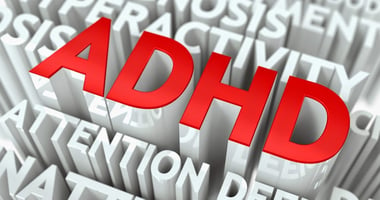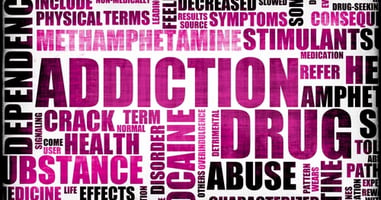A large proportion of individuals with ADHD fail to seek treatment for the disorder, and among...
Expert Discusses Problems of Comorbid ADHD, Substance Use Disorder in Adolescents
 |
“Overall, [data show that] 23 percent of adults with substance abuse have ADHD,” said Wilens, but ADHD frequently goes undiagnosed in those who abuse substances. He presented research data indicating that the onset of SUD is 50 percent higher in individuals with untreated ADHD than in those without ADHD. Cigarette smoking and alcohol use were the most prevalent SUDs among this population, he said, and in some cases, use of stimulant drugs that treat ADHD symptoms resulted in reduced cigarette smoking, but did not affect level of alcohol use.
Wilens also discussed the misuse and diversion among adolescents of stimulant drugs that were prescribed to treat ADHD. According to a 2012 national survey, 13% of teenagers reported using stimulants nonmedically. Wilens said that adolescents with ADHD were five times more likely to misuse stimulant medications and 10 times more likely to sell their medication than were their peers without ADHD. In addition, he cited data showing that adolescents who were prescribed extended-release stimulants were less likely to report misuse.
When treating adolescents with comorbid ADHD and SUD, Wilens suggested that “it is best to sequence treatment, and treat the substance abuse first.” He also emphasized the importance of prescribing extended-release stimulants to avoid drug misuse among this population.
To read more about research concerning treatment for adolescents with comorbid ADHD and substance use disorders, see the Psychiatric News article “ADHD Meds May Not Cut Risk For Drug Abuse in Teens.” Also see the Textbook of Substance Abuse Treatment from American Psychiatric Publishing for more information on this topic.
(Image: Vabren Watts/ Psychiatric News)





